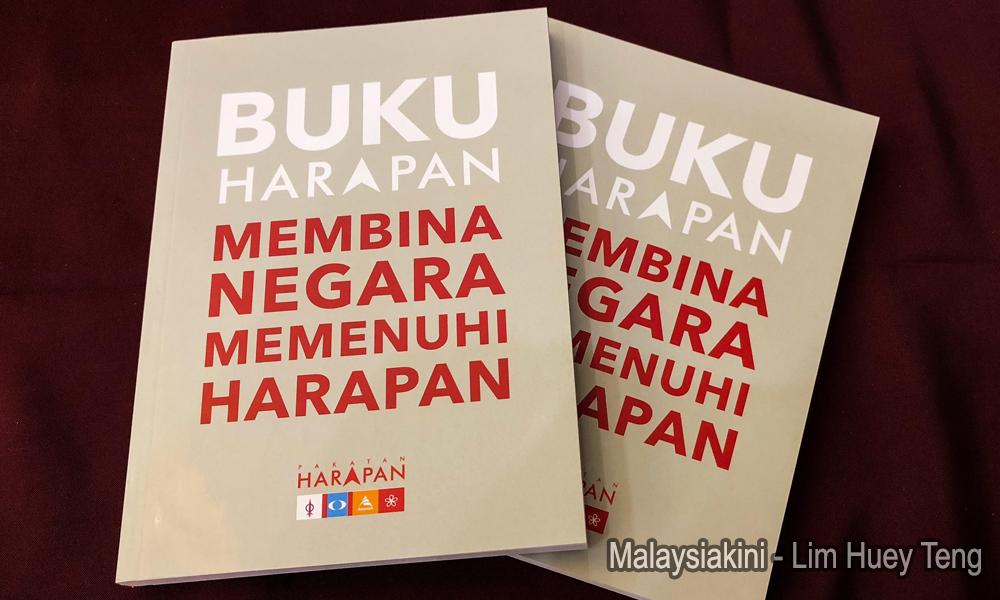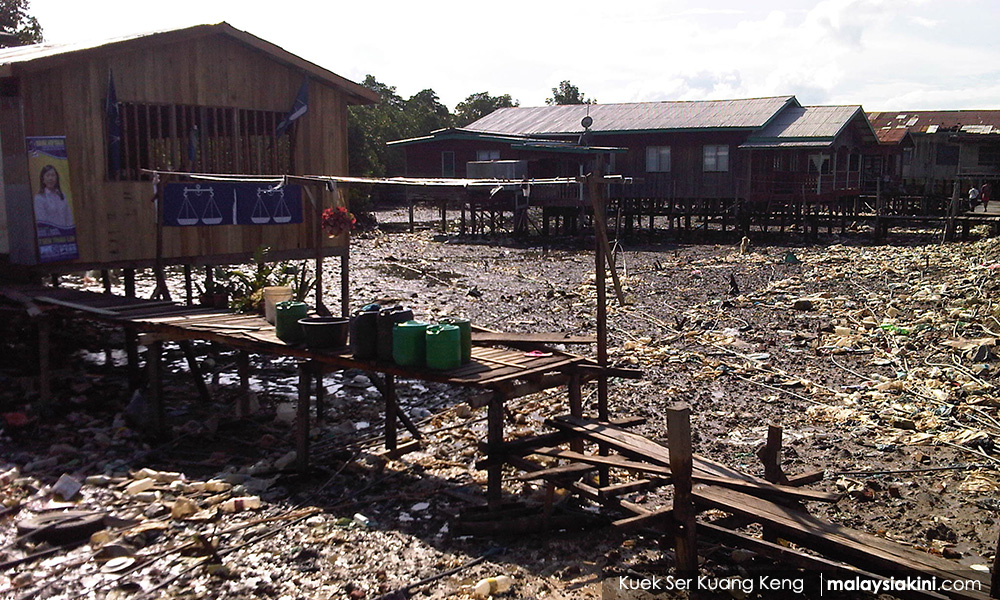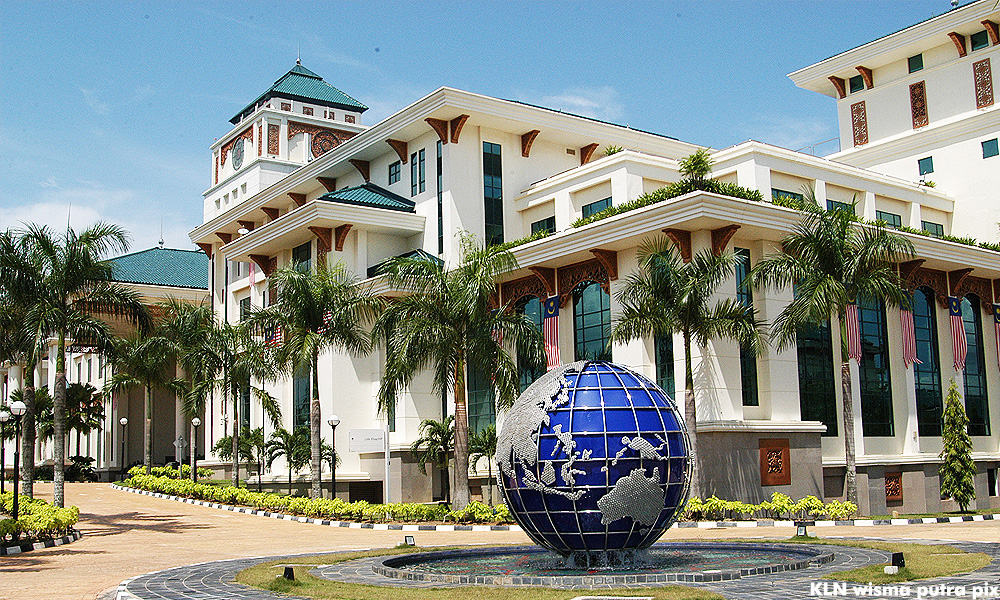
Published by Malaysiakini, Malay Mail & Free Malaysia Today, images from Malaysiakini.
Much like the villagers in the fable The Boy Who Cried Wolf, distrust has been in the hearts of Malaysians since the end of the 100-day grace period for the Pakatan Harapan government.
Losing the Semenyih by-election is testament to the growing mistrust the people have towards Harapan. But things were not always this way.
In a study titled ‘What Worries Malaysia: Post GE 2018’ published on August 16, 2018, the polls reported that 66 percent of Malaysians are confident that the new government is heading in the right track.
Similarly, according to the 2019 Edelman Trust Barometer Global Report, Malaysians showed an increase in trust for the government compared to in 2018. The survey that was conducted between Oct 19 and Nov 16, 2018, just several months after the 100-day mark, reported an increase in trust from 14 points to 60 points.
Perhaps the reason this trend is now reversing, as seen in Semenyih, is because Harapan has not been seen to be fulfilling its manifesto promises.

So much hope and trust has been placed upon this coalition. To betray this and start breaking promises is to me, the highest degree of sin committed.
Walk the talk
With each ballot casted for Harapan, the voter entrusted the lives and future of 32 million people into the hands of the governing party.
The people believed in the party leadership as well as the promises made in its manifesto – but it appears not all Harapan people are committed to fulfilling these promises.
It’s been how long again since those 100 days? The 10 promises still have not been fully realised. How does that bode for 60 promises in 5 years?
Even Prime Minister Dr Mahathir Mohamad admitted that the manifesto was written with them losing the election in mind. In the end, were these only false hopes and promises?
Mahathir acknowledged that there are indeed problems with the implementation of the promises and that a review is needed now that they are in power.
This is good, because admitting you have a problem is the first step in fixing the problem.
This is no time for Harapan to stop and point fingers at the opposition – enough of revenge politics. Their utmost priority must be to fulfill the manifesto before they lose the confidence of the people.
We all know that it takes time to clean up the mess made by the previous government, but reusing the same excuses to not realise the promises gets stale over time.
Gaining back their trust
At the hand of the voters, even 61 years of BN rule came to an abrupt end. The same could happen to Harapan in a few years time if they don’t act now.
Having the people on their side is not an option – it’s a necessity. But to gain back the people’s trust is easier said than done.
One way to go about it is by addressing the main concerns of the people.
Referring back to the ‘What Worries Malaysia’ study, Malaysians expressed several concerns including: financial/political corruption, unemployment, poverty and inequality, moral decline, taxes and crime and violence.

The Organisation for Economic Co-operation and Development (OECD) has also outlined six areas in which governments can win back trust; reliability, responsiveness, openness, better regulation, integrity and fairness as well as inclusive policy making.
With these criterias as the guiding compass, I would like to recommend the government a six-step programme on how to gain back the people’s confidence:
- Step 1: Minimise public uncertainty in the economic, social and political landscape. Keep internal strife to a minimum.
- Step 2: Engage with citizens to ensure quality, responsiveness and ultimately trust in public services.
- Step 3: Be transparent and clear about your undertakings. If a policy is facing implementation hurdles, tell us the causes and how you plan to solve it. Clarify – do not leave it up to speculation.
- Step 4: Start improving the design and enforcement of the regulatory framework. Develop specific key performance indicators on the implementation of good regulatory practice across government.
- Step 5: Adopt inclusive policy making to ensure that policies, laws, procedures and decisions concerning the matter adequately reflect the rights, needs and aspirations of individuals and communities who will be affected by them. Get feedback from the people before deciding, unlike the new toll implementation.
- Step 6: Last but not least, fulfill the promises you have made.
Should they fail to follow through with the programme, then what will be in their grasp won’t be the people’s trust and confidence, but the people’s anger and frustration.
With the new Umno-PAS coalition brewing forth, Harapan will certainly find themselves on the losing end come GE 15. Godspeed!
Eyman Hadi is Research Analyst at EMIR Research, an independent think-tank focused on strategic policy recommendations based upon rigorous research.

